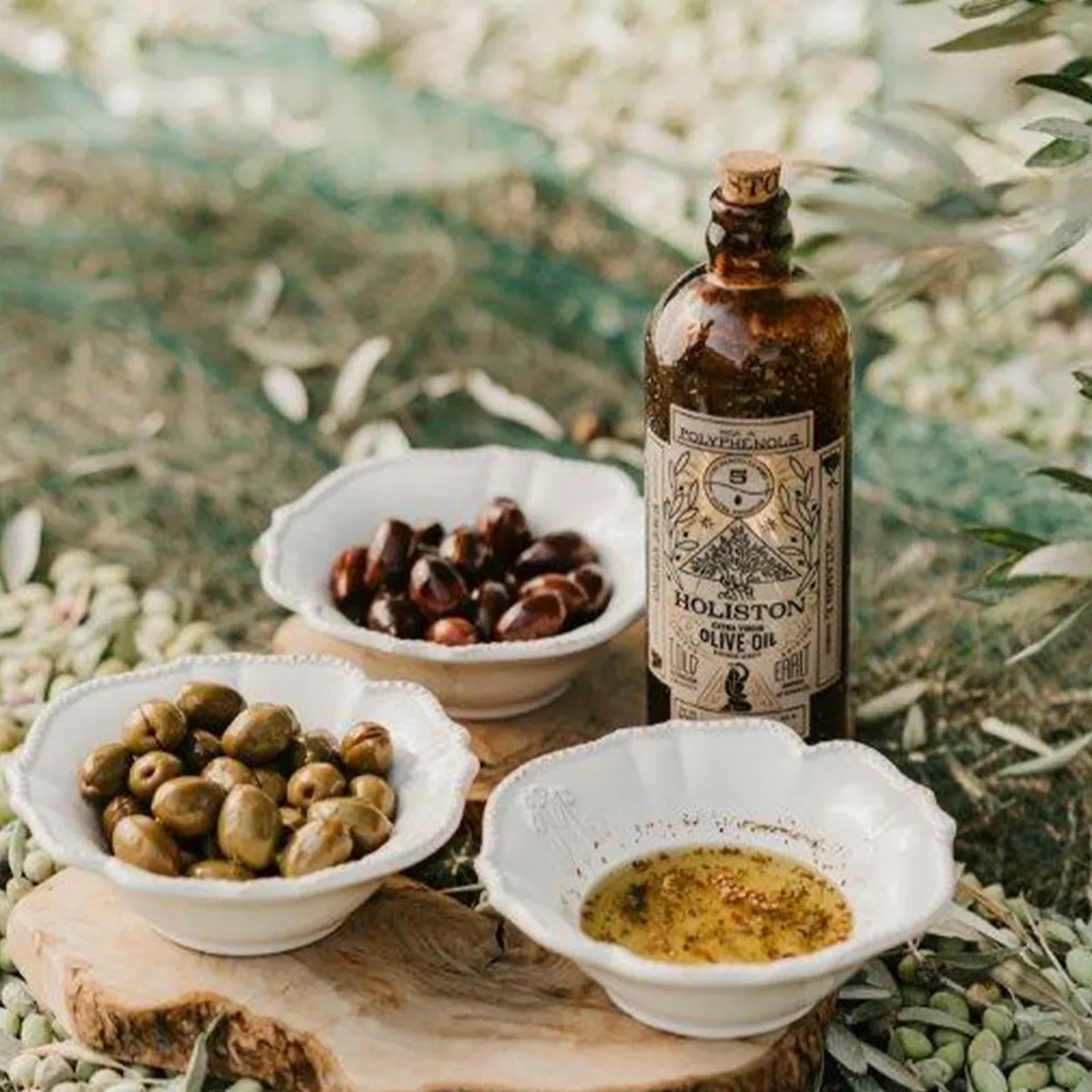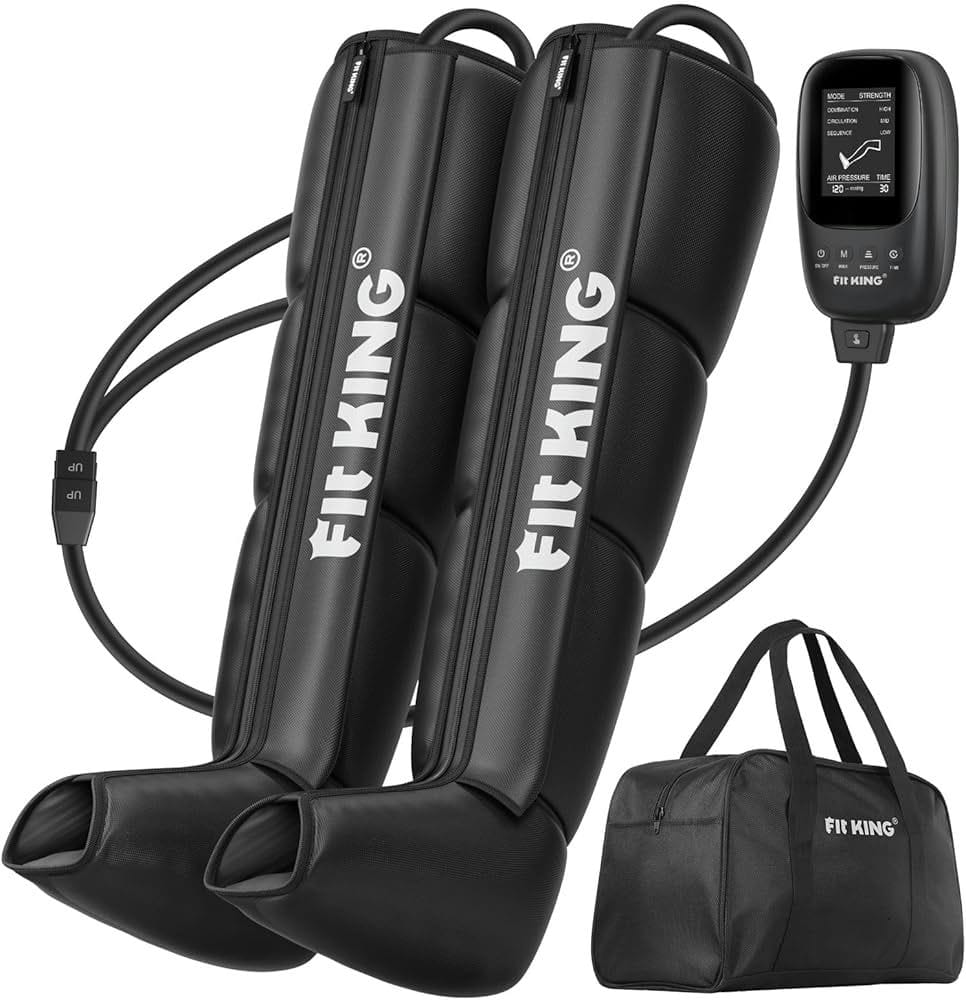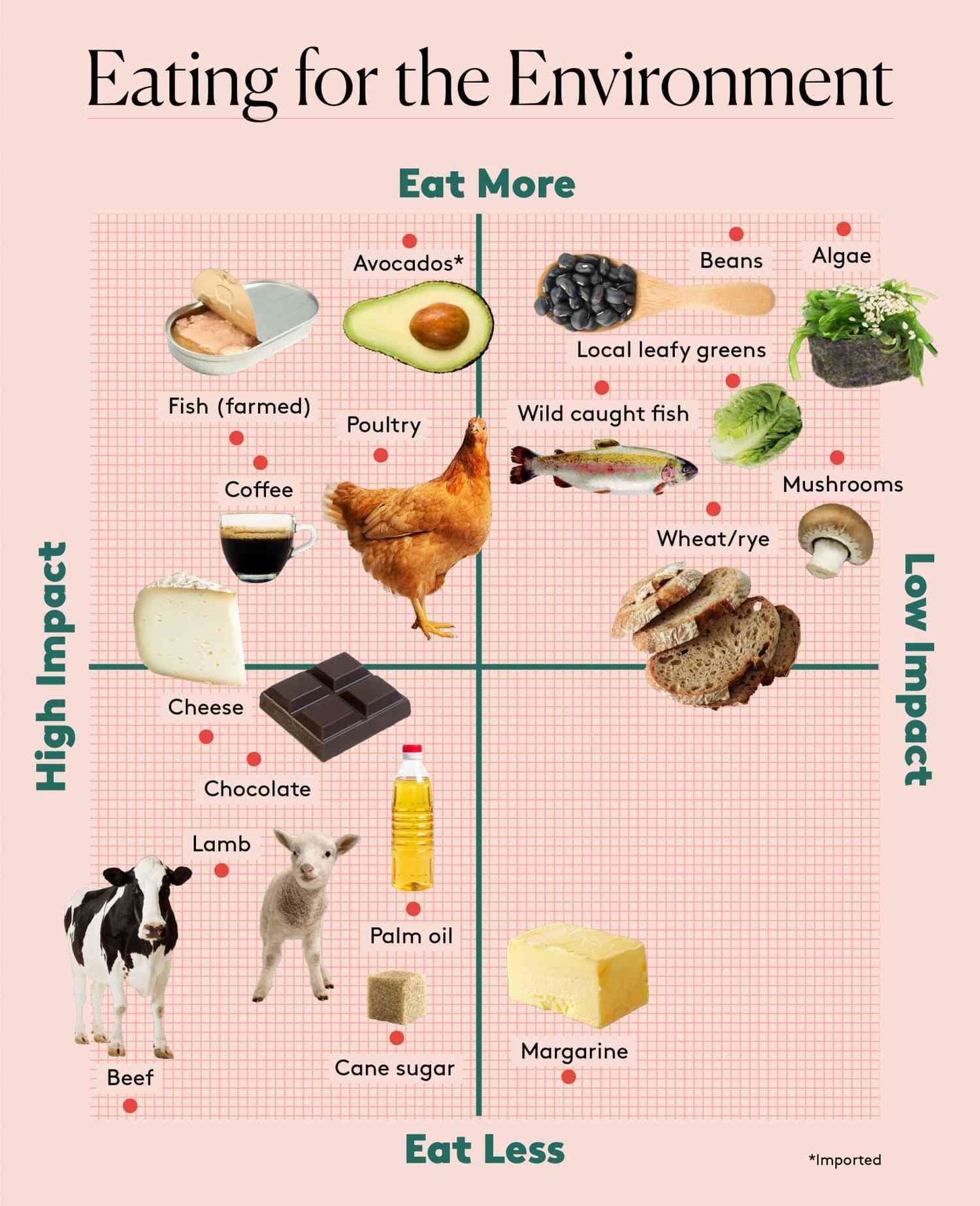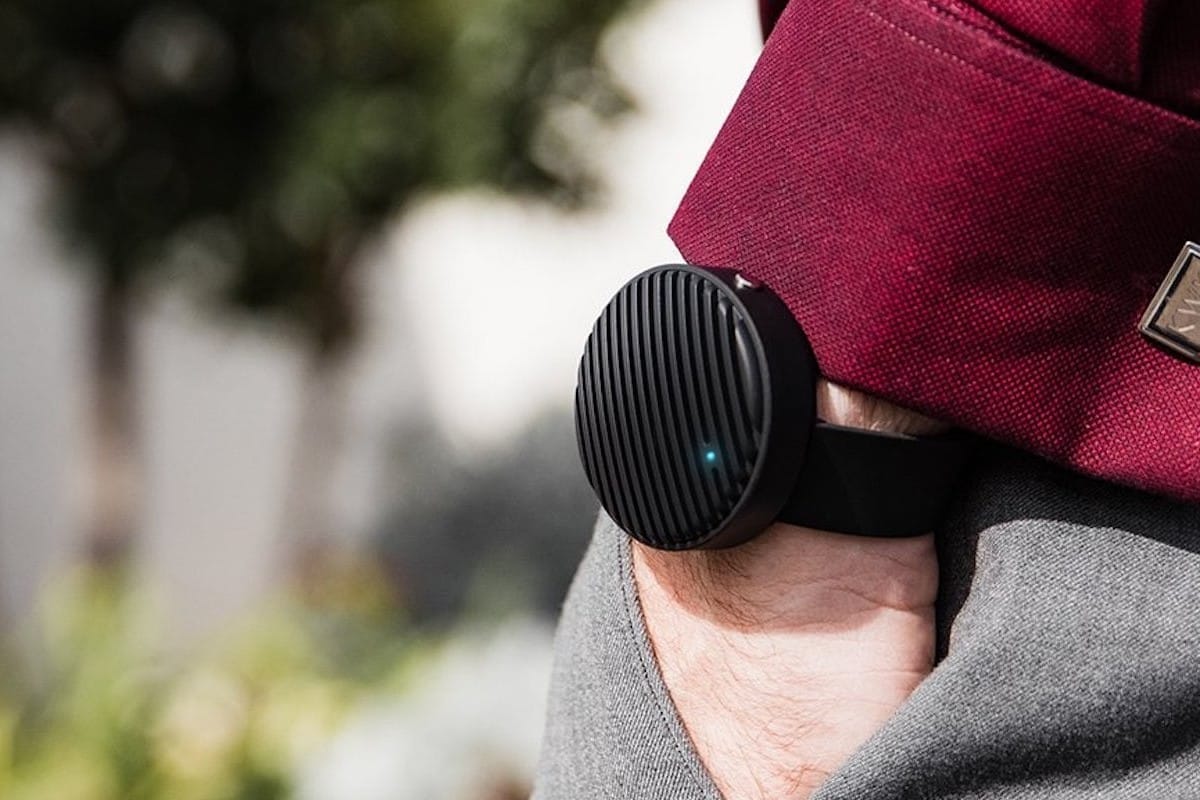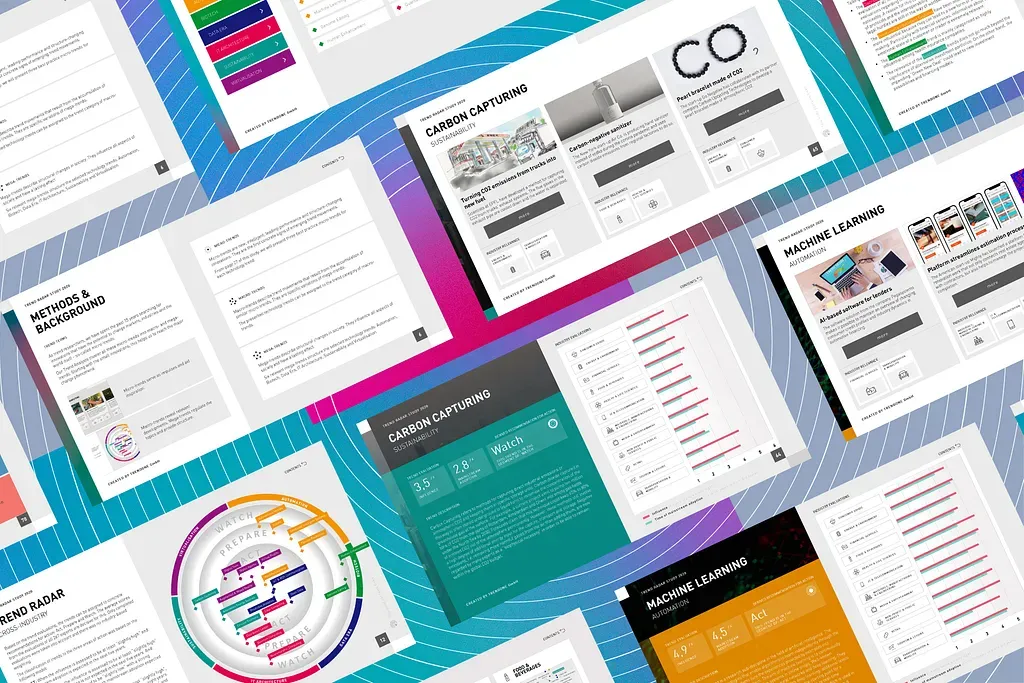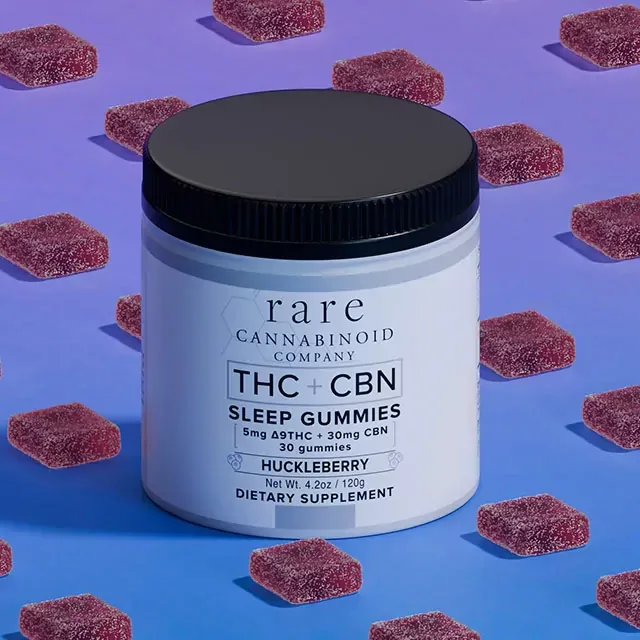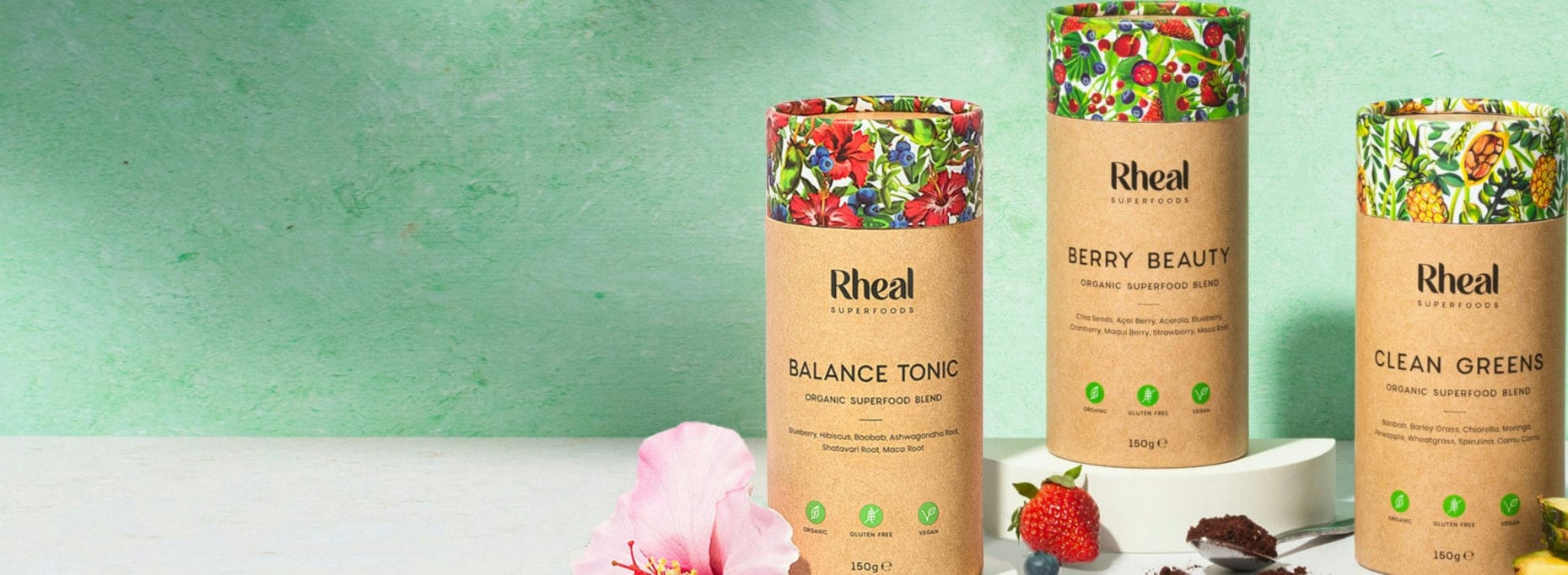High-phenolic olive oil is extra-virgin olive oil (EVOO) specially selected or processed to contain exceptionally high levels of polyphenol antioxidants—often 400–800 mg/kg or more, compared to 100–300 mg/kg in typical EVOO. These phenolic compounds (oleocanthal, hydroxytyrosol, oleuropein) provide robust anti-inflammatory, cardioprotective, and sensory benefits, delivering a peppery bite and long shelf stability.
Key Trend Drivers
- Validated Health Benefits
Research links olive-oil phenolics to reduced markers of inflammation, improved endothelial function, and protection against neurodegeneration and metabolic disease. Consumers seeking evidence-based superfoods are upgrading to high-phenolic grades. - Gourmet & Functional Fusion
Foodies appreciate the pronounced flavor—bright green fruitiness with lingering pungency—while wellness seekers value the same compounds for health. High-phenolic oil sits at the intersection of gourmet and functional. - Clean-Label & Minimal Processing
Brands emphasize early-harvest, cold-press extraction, and minimal filtration to preserve phenolics. Transparent harvest dates, lab certificates, and terroir storytelling reinforce clean-label appeal. - Culinary Versatility
Beyond finishing oil, chefs and home cooks use high-phenolic EVOO in dressings, marinades, low-temperature sautés, and “wellness shots,” leveraging both taste and health properties in every drop.
Target Consumer Profiles
| Segment | Characteristics | Key Motivations |
|---|---|---|
| Health-Maximizers | Biohackers, longevity enthusiasts | Antioxidant boost, inflammation control |
| Culinary Aficionados | Gourmet home cooks, professional chefs | Intense flavor, terroir expression |
| Preventive Health Shoppers | Middle-aged, proactive about heart and brain health | Cardiovascular support, cognitive health |
| Clean-Label Advocates | Seek minimally processed, transparently sourced foods | Purity, ethical sourcing |
| Premium Gift Buyers | Luxury-food gift purchasers | Unique, artisanal food experiences |
Health & Functional Benefits
- Anti-Inflammatory Action
Oleocanthal in high-phenolic oil mimics ibuprofen’s COX-inhibition, reducing chronic inflammation and joint discomfort. - Cardiovascular Protection
Phenolics improve endothelial function, lower LDL oxidation, and support healthy blood pressure. - Neuroprotection & Cognitive Support
Hydroxytyrosol crosses the blood-brain barrier, combating oxidative stress and promoting neuronal health. - Metabolic & Gut Health
Polyphenols modulate gut microbiota composition, support glucose regulation, and aid weight management. - Shelf-Life Stability
High antioxidant content slows oil rancidity, extending freshness and preserving flavor over time.
Market Dynamics & Size
- The global olive-oil market exceeded $16 billion in 2023, with extra-virgin varieties growing at ~5% CAGR. The high-phenolic niche commands a premium price premium of 20–50% over standard EVOO.
- Early-harvest, high-polyphenol EVOO SKUs are expanding in specialty food retailers, direct-to-consumer channels, and upscale grocers, driven by consumer willingness to pay for documented health attributes.
- Subscription services and tasting clubs featuring monthly single-estate high-phenolic oils are emerging, generating strong repeat purchase and gifting revenue.
Product Formats & Innovation
| Format | Description | Use Case |
|---|---|---|
| Single-Estate Early-Harvest | Monocultivar oil from first-press fruit, lab-verified phenolics | Finishing oil, tasting flights |
| Blended High-Phenolic EVOO | Proprietary blend standardized to ≥ 500 mg/kg polyphenols | Everyday functional cooking |
| Culinary “Wellness Shots” | 30 mL pre-measured bottles for direct consumption | Morning antioxidant ritual |
| Flavored Functional EVOO | Infused with herbs or citrus to complement health properties | Dressings, marinades |
| Gift Sets & Tasting Kits | Multi-bottle samplers with tasting notes and phenolic data | Gourmet gifting, educational tasting |
Challenges & Considerations
- Analytical Standardization
Consistent phenolic measurement requires HPLC testing and third-party certification; small producers may struggle with lab costs. - Flavor Intensity
Peppery pungency can be intense for novices; consumer education and pairing suggestions help with adoption. - Price Sensitivity
Premium positioning limits mass-market reach; marketing must clearly articulate the health and sensory ROI. - Supply Variability
Phenolic content fluctuates with harvest timing, climate, and cultivar; robust supply-chain traceability is essential.
Future Outlook & Opportunities
- Clinical-Grade Functional Foods
Collaboration with research institutions to validate health claims in human trials, enabling structure-function claims on labels. - Personalized Nutrition Integration
Inclusion in digital health platforms and diet apps, recommending high-phenolic EVOO based on individual inflammatory or lipid profiles. - Experiential Retail & Education
Tasting bars and interactive labelling (QR codes linking to phenolic data, farm stories) to engage and educate consumers. - Sustainable Regenerative Branding
Emphasizing regenerative olive-growing practices that enhance phenolics, soil health, and carbon sequestration to appeal to eco-conscious buyers.
Conclusion
High-phenolic olive oil elevates a pantry staple into a potent functional food and gourmet ingredient. By combining scientifically backed health benefits with compelling sensory experiences, this niche is poised for sustained premium growth. Brands that deliver transparent phenolic data, terroir storytelling, and culinary guidance will lead the charge in the high-phenolic EVOO revolution.
Sources
https://www.ncbi.nlm.nih.gov/pmc/articles/PMC5986460/
https://www.frontiersin.org/articles/10.3389/fnut.2022.869065/full
https://www.grandviewresearch.com/industry-analysis/olive-oil-market
https://www.oliveoiltimes.com/production/phenolic-compounds-drivers-health/106578


